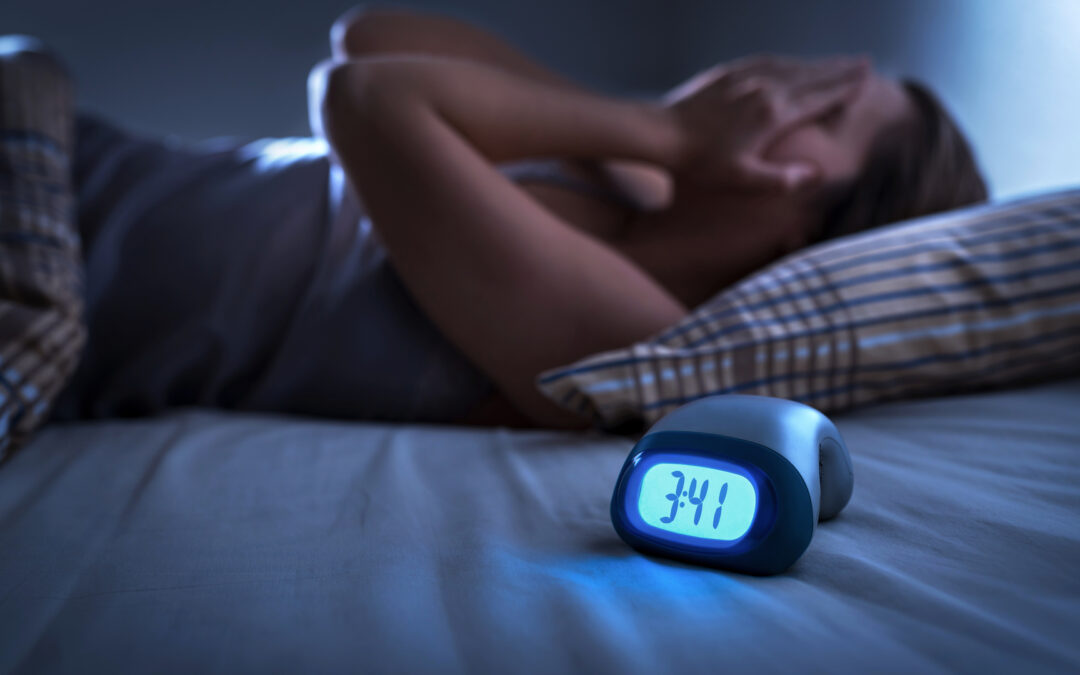There is a Medium article circulating on the internet about “Surge Capacity.” It’s about how our lives during the pandemic have caused a continual drain. Stress was very much a thing pre-pandemic but during this time it has introduced many new and different challenges. According to the American Psychology Association 66% of Americans are stressed about the virus. Discussing this topic in the current state and time is important.
This post seeks to address how it affects our sleep.
Stress
Stress is how your mind and body respond to any demand. Everyone experiences stress. And there are even times where it can be good. It can come from work, relationships, significant life changes, and traumatic events.
What are some of the unique stressors you’ve experienced during the pandemic?
COVID-19 Stressors
Here are a few of the common stressors people are experiencing during the Coronavirus outbreak:
- Dealing with the fear of you or your loved ones contracting the virus.
- Not being able to be with friends and family.
- Stress from having to work/ live in a vulnerable environment.
- Figuring out how to work and take care of children.
- Missing things that you used to be able to do pre-pandemic.
- Keeping a business afloat.
- Overwhelmed by all the news.
- Uncertainty on when it will all be over.
Results of Stress
Stress can manifest in many ways. People handle stress differently. It can even have different levels of severity based on what is happening to you. Normal stress can actually be helpful and help you focus, work harder, and improve performance. But when stress moves beyond a normal level it can manifest into chronic health problems. Long-term stress can negatively affect the necessary functions of our body, including our digestive, cardiovascular, and reproductive systems, our immunity, and our sleep.
Stress and Sleep
A report from 2017 found that 46% of American Adults have experienced staying awake from stress. Additionally, 36% of people in the same study said they experienced fatigue from stress.
Chronic stress sends signals to your body that you are in a perpetual state of danger. The stress is telling your body it shouldn’t be sleeping therefore you may not be able to go to sleep or you find yourself waking up frequently. You may find yourself lying awake unable to stop thinking about relationships, work, or finances or maybe you’ve worked too much and for too long that day and your body doesn’t know it’s time for rest.
Whatever the situation, stress-induced lack of sleep can create a vicious cycle when a sleepless night leads to more caffeine the next day or increased stress around having a lot to do and feeling too tired to accomplish all of your tasks. These issues contribute to problems going to sleep the next night. It’s easy to get caught in a perpetual state of poor sleep.
Improve Your Sleep
Don’t fret, there are ways you can improve your sleep. Here are some things to do to help your problems:
1. Get Outside
Spending time indoors working all day can confuse your body. Try getting some sunshine so your body knows there is a daytime and a nightime.
2. Exercise
Stress affects your entire body. If you are thinking about something that is causing you stress, the brain is sending signals that something is wrong. Exercise will counteract by producing endorphins and sending goodness throughout your body.
3. Relaxation and Wellness Techniques
If you are going nonstop through your day, it may be worth your time to add a short 10-15 minute yoga or meditation session before bed. It helps stop the busyness and tells your body it’s time to calm down. If you don’t know where to begin you can easily find yoga and meditation guides online.
4. Journaling
Writing out what happened during your day can help put it to a close. You can also work through the things that are bothering you or making you anxious. By writing it down you get it out of your head so you go to bed with a clear mind.
Another suggestion is to plan out your next day before going to bed. You will be at ease not thinking about what you have to tackle and you can wake up refreshed and with a jumpstart with your plan already in place.
5. Acupuncture and Herbal Medicine
A combination of both acupuncture and a cocktail of herbal medicine can be a great source of help you sleep better.
Acupuncture and Herbal Medicine for Stress and Sleep
What does Oriental Medicine tell us about causes of stress?
The great principle of Acupuncture is ‘Moderation.’ Moderation is the key to ‘Balance.’ It is important to maintain the balance in our body. The internal organs need to be balanced and harmonized in specific ways. When the balance is broken, then stress manifests.
What does Oriental Medicine tell us about lack of sleep?
You can sleep well when your body is internally well-balanced. When the balance is broken, an internal organ can lean to one side which causes trouble sleeping. The heart and gallbladder especially need to balance one another out. In oriental medicine, the heart controls rational thinking and the gallbladder controls stress. Overthinking about tasks or issues can stress the gallbladder, which causes poor sleep.
What are some ways acupuncture can help with stress and sleeping?
Acupuncture can communicate to the heart to calm down and regulate the emotions which helps to relieve stress in the gallbladder. Once the Heart and Gallbladder are balanced, then you’re able to sleep better and experience less anxiety.
How does Herbal Medicine help with stress and sleep?
Herbal medicine helps reduce mental anguish and aids sleep. In oriental medicine, when you have too much stress, internal heat rises up and the internal cold sinks down causing a lack of sleep. Herbal medicine may be used to lower that internal heat.
What are some examples of herbs that Dr. Ko might prescribe?
Zizyphi Spinosae (Suan Zao Ren), Cyperi (Xiang Fu), Polygalae (Yuan Zhi)
Getting started with acupuncture and Oriental Medicine
If you are ready to explore acupuncture, oriental medicine, and herbal remedies as a treatment for your stress and/or sleep problems, book your initial consultation with 120 Acupuncture today. In your initial visit, Dr. Ko will work with you to create a custom plan that will support your path to wellness and guide you toward a healthy, sleepful life.







